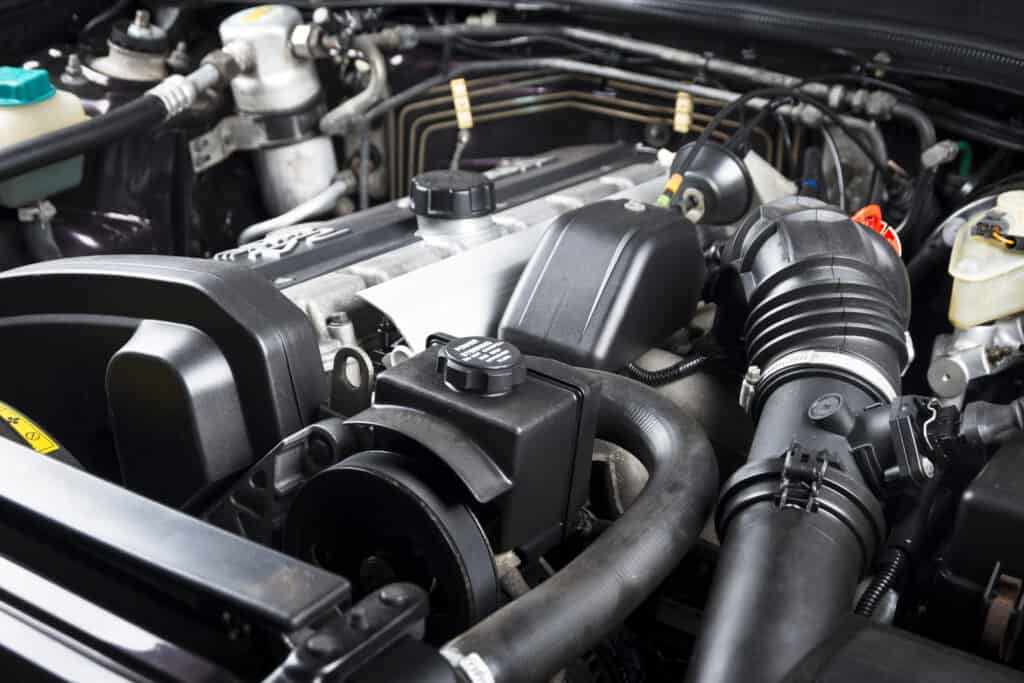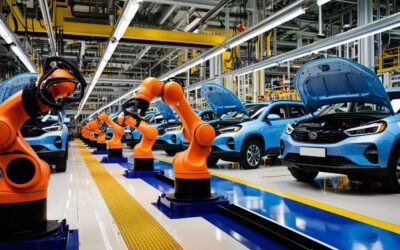New internal combustion engines to go before 2030 as Government announces post-pandemic sustainability plan

This Autumn, the Government is expected to announce that sales of all new cars with an internal combustion engine will be banned from 2030, ten years earlier than previously promised.
The move is part of the Government’s strategy to reach net-zero carbon emissions by 2050 and will play a role in the UK’s post-pandemic economic recovery plan.
And, yes, hybrid and plug-in hybrid models will be included in the ban.
A new timeline
Earlier this year, Transport Secretary Grant Shapps mooted the idea of bringing the ban on internal combustion engines forward, claiming it could happen as early as 2032. And the move has gained the support of Labour shadow ministers too.
Matthew Pennycook said, “2030 is an ambitious but achievable date by which to phase out the sale of new petrol, diesel and hybrid vehicles, one that would give a new lease of life to the UK car industry whilst combatting climate breakdown and cleaning up the air that dangerously pollutes so many of our towns and cities.”
How the Government will support workers in manufacturing through the transition to a cleaner automotive market remains to be seen. Indeed, whether the industry will be ready for the ban by the new date is up for debate, with a number of leaders slamming the idea.
Mike Hawes, chief executive of the Society of Motor Manufacturers and the Traders (SMMT) said, “The range of electrified vehicles on the market today is ever increasing but we need a fully-funded strategy that mandates a massive investment in infrastructure, helps all consumers to make the switch and supports a competitive UK industry”.
Is the public more ready than we might think?
On the other hand, statistics show that consumers are probably closer to being ready for the switch than Hawes suggests.
The news of the ban comes as research reveals that a quarter of British workers expect to make the move away from diesel and petrol soon. According to a new report, 24% of consumers will opt for an electric vehicle (EV) or plug-in hybrid next, while 40% would strongly consider doing so.
(Though they’d be better off going for a fully electric option, by the looks of things!)
But it’s an indication that the Government’s education on the benefits of EVs is headed in the right direction, since this time last year, just 19% said they would consider buying one.
What’s more, electric and hybrid vehicle sales overtook diesel models in the second quarter of this year, with 33,000 new EV registrations and just 29,000 diesel vehicle registrations.
Post-pandemic green overhaul
The new ban date isn’t the only thing that the Government are doing to accelerate the UK towards net-zero emissions either.
Last week, Highways England launched the trial of 60mph speed limits on sections of four motorways where nitrogen dioxide levels have been higher than recommended.
The lower limits will operate 24 hours a day, seven days a week on the M6 (junctions 6 to 7), the M1 (junctions 33 to 34), the M602 (junctions 1 to 3) and the M5 (junctions 1 to 2).
How much difference do you think schemes like this will make in achieving the net-zero 2050 target? Drop a comment below to share your thoughts.










